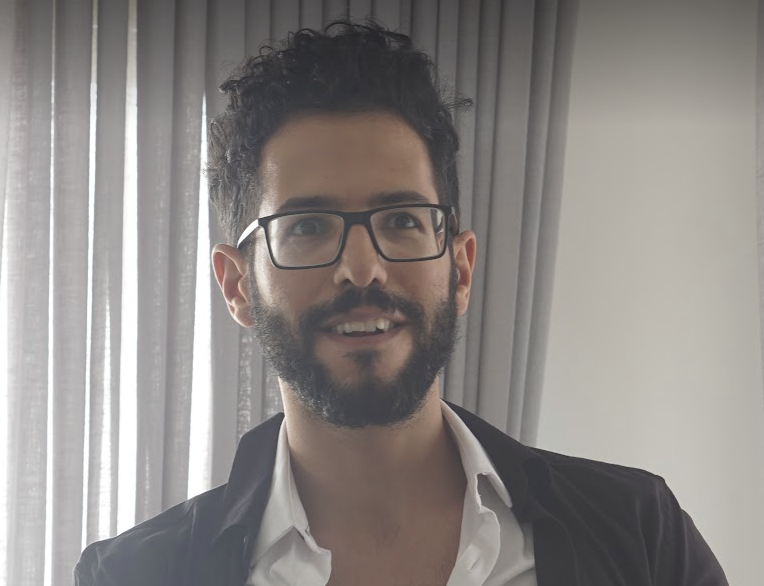Imagine a world where AI can replicate the singing voices of your favorite artists, creating new songs that sound indistinguishable from the real thing. While this may seem like a futuristic concept, it’s already a reality, raising concerns about the unauthorized use of AI-generated voices in the music industry.
In response to these concerns, Tennessee has passed the Portrait and Image Security Protection Act of 2024, affectionately known as the ELVIS Act. This groundbreaking legislation, signed by Governor Lee, aims to protect artists from the unauthorized use of their voices in AI-generated content.
Tennessee boasts a vibrant music industry, with thousands of individuals working in live music venues and studios. However, existing state laws only protect artists’ names, images, and likeness, leaving their voices vulnerable to exploitation by AI.
The ELVIS Act marks a significant step forward by explicitly recognizing the human voice as a protected asset. This law replaces the outdated Individual Rights Protection Act of 1984 and expands the scope of protection to include voices, in addition to names and images.
Unlike previous laws that only prohibited the use of artists’ names and photos for advertising purposes, the ELVIS Act has broader implications. It prohibits the unauthorized use of AI voices in various media, such as documentaries, songs, and books, providing artists with greater control over their creative output.
The ELVIS Act has garnered support from prominent artists like Lindsay Ell, Michael W. Smith, and Natalie Grant, as well as advocacy groups like the Human Artistry Campaign. These supporters recognize the importance of responsible AI use in entertainment and the need to protect artists’ voices from misuse.
Country singer Luke Bryan aptly sums up the significance of the ELVIS Act, stating, “The threat of AI is already present in our smartphones and other devices. If this ELVIS law is successful, we can curb the abuse of AI and protect the integrity of artists’ voices.”
As we navigate the ever-evolving landscape of technology and creativity, laws like the ELVIS Act serve as a crucial safeguard, ensuring that artists’ voices are protected in the digital age.

I am a software engineer with 20 years of experience of writing code, Software languages, Large scale web application, security and data protection of online digital assets in various software systems and services. I’ve decided to write and share my interests in cyber security online and information security to help and improve white hat security, safety and privacy of our online digital assets, As companies, as individuals or experts providing services. In here you’ll be able to read freely about cyber security threats, detections, common problems, services, news and everything related to information security and cyber security – enjoy and feel free to contact me via the contact page for any question.
